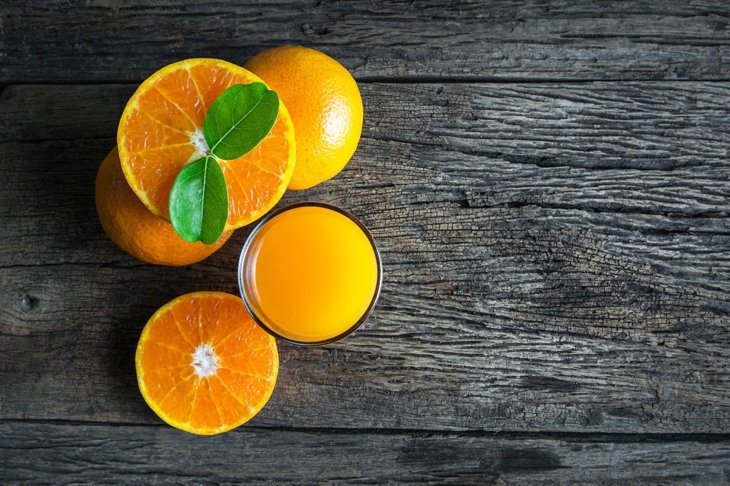
Vitamin C is often top-of-mind when you have a cold, but your body depends on it every day—whether you’re healthy or sick. With critical roles in your immune system, wound healing, bone health, and antioxidant protection, getting at least 75 mg for women and 90 mg for men per day is an essential part of self-care. Thankfully, there are plenty of vitamin C-rich foods that will keep your intake up and your diet fun.
01
Guavas
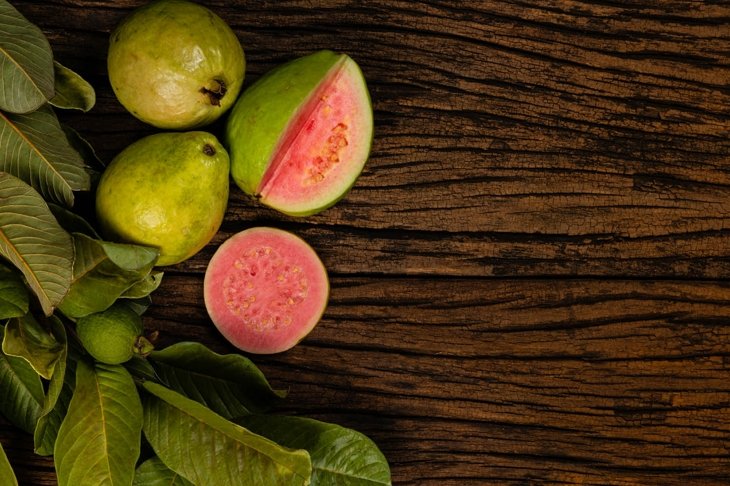
If you were expecting a shoutout to oranges then check again. Guavas have one of the highest vitamin C contents of common fruits and vegetables. A half cup of the sweet pink or white flesh contains 188 mg of vitamin C, which is over 300 percent of the daily value (DV).
Guavas are a classic Caribbean staple. They can be sipped as a nectar and cooked into sauces, but eating them fresh maximizes their vitamin C benefits—especially when you eat the rind!
02
Bell peppers
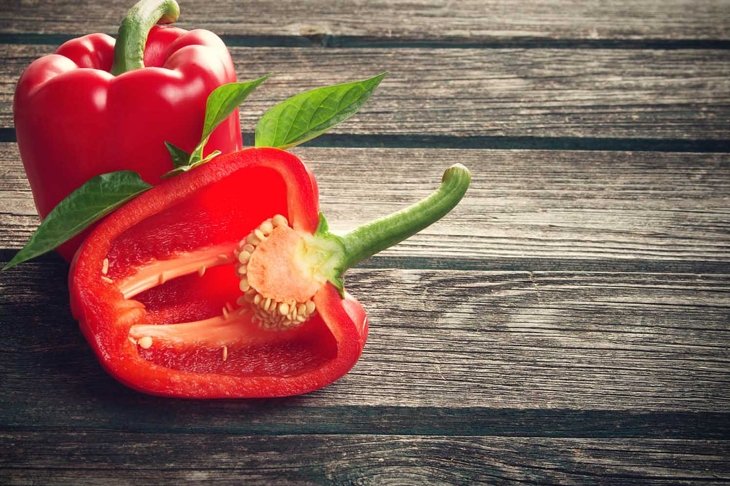
A crisp slice of fresh bell pepper is a satisfying way to top up your vitamin C intake. Snacking on one fourth of a yellow bell pepper contributes 86 mg of vitamin C to your diet or 143 percent DV. While the vibrantly colored red, green, and yellow peppers all have impressive vitamin C levels, yellow contains the most, followed by red, and then green.,,
03
Camu camu juice
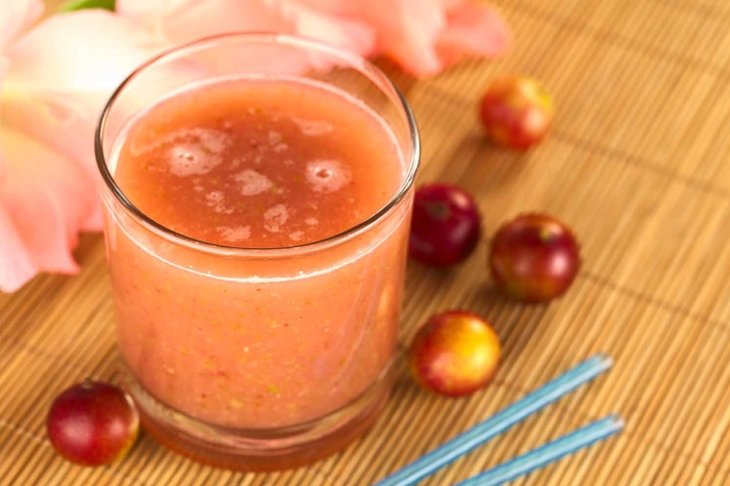
This lip-puckering Amazonian superfood is packed with vitamin C and other antioxidants. Although too tart to eat fresh, camu camu juice makes a refreshing addition to smoothies and other beverages. A 70 mL serving contains 1,050 mg of vitamin C. Because of camu camu’s potency, its best to limit your intake to around a half cup serving per day.
04
Kiwifruit
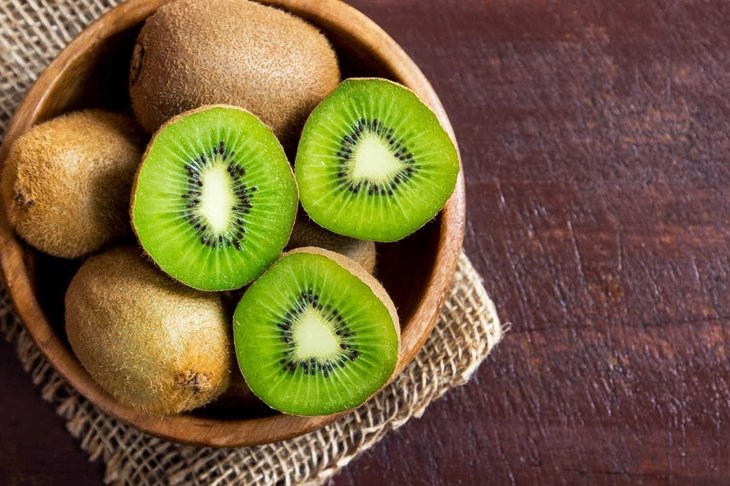
Your body uses more vitamin C when it’s stressed, but kiwifruit can help.A nutritional study found that vitamin C-deficient university students raised their levels back to normal by eating one kiwi per day for a month. Depending on the variety, one kiwi provides about 64 mg of vitamin C or 100 percent DV. As a bonus, kiwis’ high vitamin C content helps to keep it from turning brown when sliced.
05
Broccoli
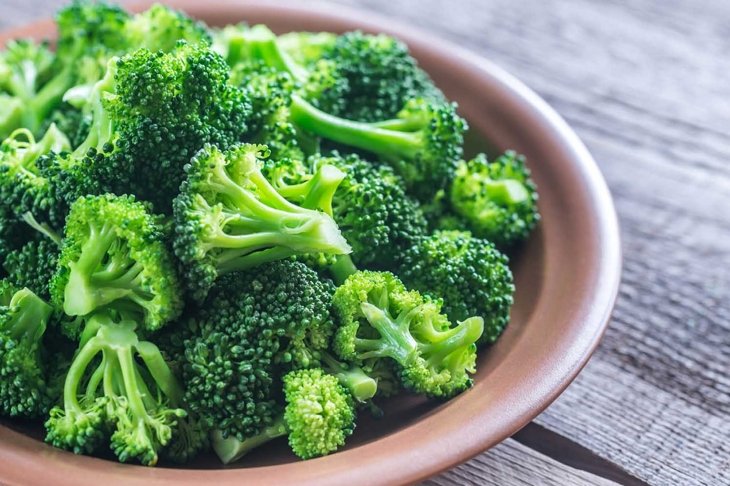
No list of health foods is complete without broccoli. Eating it regularly has been linked with protection against oxidative stress and some chronic illnesses. Broccoli also counts big time towards your vitamin C intake. A half cup of cooked florets supplies 50.6 mg of vitamin C, which is 84 percent DV. In terms of cooking, blanching broccoli in the microwave is one of the best methods for retaining its vitamin C potency.
06
Strawberries
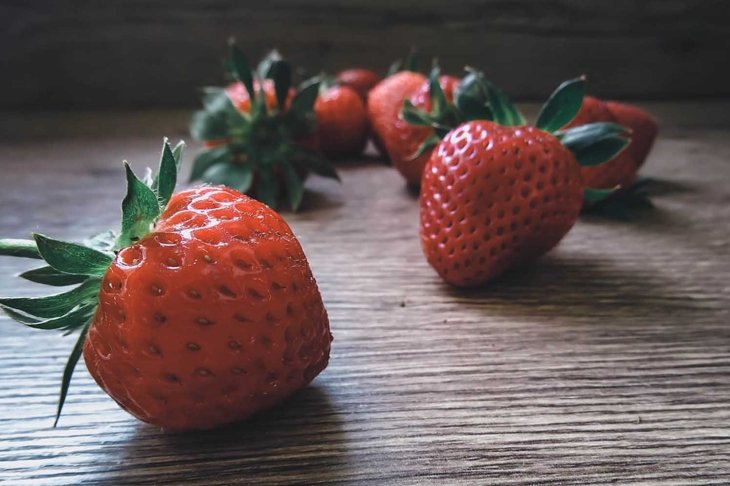
Strawberries are packed with antioxidants—including vitamin C. A half cup of fresh sliced berries contains 49 mg or 81 percent DV. Because conventionally grown strawberries are part of the “dirty dozen” list of produce items with heavy pesticide loads, opting for organically grown is worth your while.
As a bonus, organic strawberries have been shown to contain even higher vitamin C levels and a sweeter flavor than non-organic varieties.
07
Microgreens
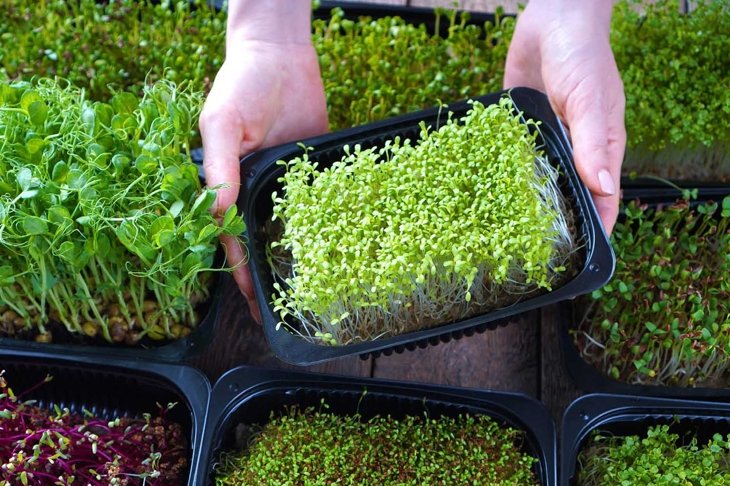
There’s nothing small about the nutritional value of microgreens. These young seedlings of vegetables and herbs typically pack a greater vitamin and antioxidant load than their mature counterparts—including higher vitamin C levels.
Both spinach and red cabbage microgreens contain more than double the vitamin C content of full-grown comparisons, providing 35 mg and 74 mg per 50 g serving, respectively.
08
Sweet potatoes

Although many people accidentally call sweet potatoes “yams,” their nutritional value is unmistakable. One medium baked sweet potato supplies 22.3 mg vitamin C, or 37 percent DV. These delicious orange or purple tubers are also low on the glycemic index and provide a good source of vitamins A and B6. They are a staple of the Okinawa diet, which is renowned for promoting health and longevity.
09
Rosehips
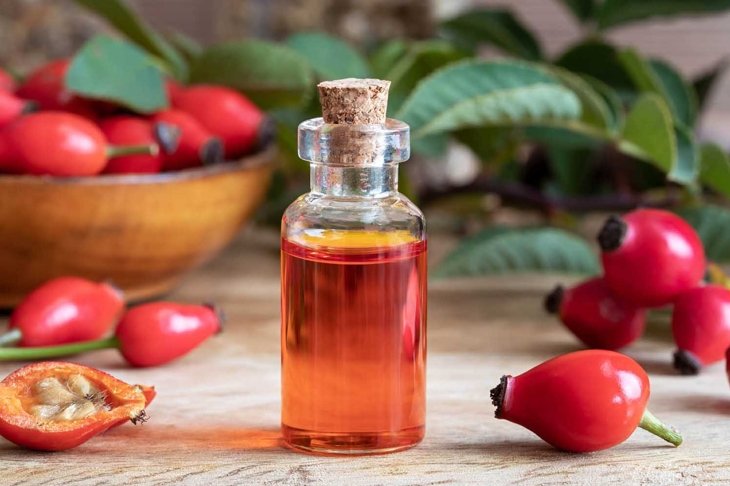
Although most people may grow roses for their beauty, the round bulb found underneath their petals has a long history in traditional medicine. Fresh rosehips are packed with vitamin C, with a small, one ounce handful providing around 119 mg, or almost 200 percent DV. In addition to diet, the vitamin C in rosehips makes it a remarkable moisturizer ingredient for rejuvenating skin pigmentation.
10
Vitamin C supplements
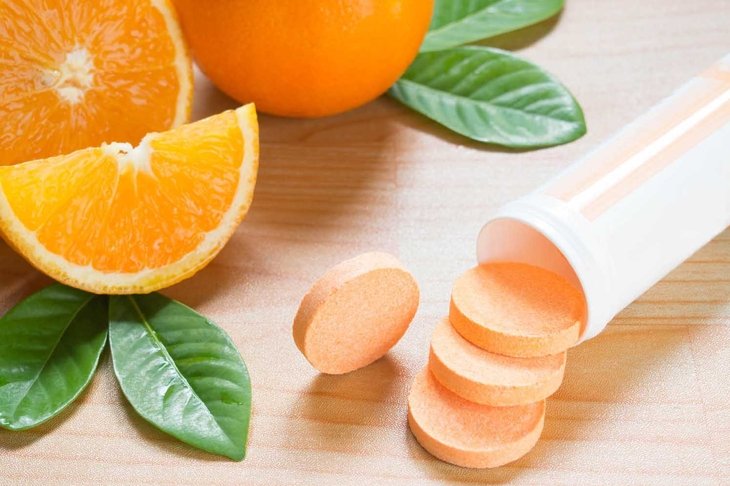
When you’re under stress, recovering from a cold, or your diet is lacking in fresh produce, supplements can provide a convenient and concentrated option for raising your vitamin C levels. Effervescent powders and liquid drops can be dissolved in water for a refreshing vitamin C drink on the go, while gummies and chewable tablets are fun and quick to take. Your health care practitioner can help with choosing a suitable dose.

































